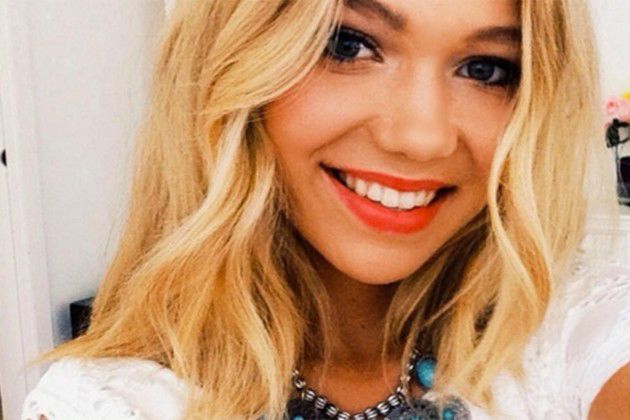Social media star Essena O’Neill shuts down media accounts
November 10, 2015
This past week the Internet blew up with the story of Essena O’Neill—an 18-year-old Australian who had over half a million Instagram followers and a large following on other social media platforms. O’Neill decided to close her social media accounts with the stance that social media platforms were ruining her life.
“Without realizing, I’ve spent the majority of my teenage life being addicted to social media, social approval, social status and my physical appearance,” she said. “Social media, especially how I used it, isn’t real. It’s contrived images and edited clips ranked against each other. It’s a system based on social approval, likes, validation in views, success in followers. It’s perfectly orchestrated, self-absorbed judgment.”
As O’Neill’s story gained momentum, a snowball of responses came from social media kings and queens alike, largely disagreeing with the teen. I read a few different opinions and spoke to University students and am ready to formulate my own response. Social media is largely a fad. When one thinks about its progression one realizes how insubstantial everything is in the long run. MySpace once dominated the Internet, and now it is abandoned in cyberspace. Facebook was once a major part of everyone’s existence and is now run by our parents’ generation. So I think it is safe to say that eventually Instagram, Snapchat and other platforms will eventually be replaced and forgotten about. But that does not minimize how we feel about them today.
I love Instagram beyond any other social media platform. Why? I enjoy looking at photographed images, seeing things that people post and exploring the potential for what will come. My love for Instagram probably differs from most people’s because I would rather look at a HD image of a waterfall than someone’s selfie. My own Instagram falls somewhere in the middle, but no matter where one’s use of social media falls on the spectrum it is at the end of the day a platform for personal expression.
O’Neill claimed that Instagram and other platforms are places of negativity, lies and specifically crafted personas. I don’t disagree with her on the whole, but I do not think that is all to be said on the subject. For the average person on social media—men and women—a few pictures are taken, filtered, cropped and pondered over before posting.
I don’t think that this is unhealthy. I do not let my social media rule my life If I like a picture I post it. However, I often feel like I am alone on this. Many people that I know—including students at Villanova—take a picture and then hold on to it for weeks on end waiting for the perfect minute to post. An obsession occurs as they weigh the impact of the photo: will it earn me likes, do I look good enough in it and does it look too posed?
The obsession continues after the photo is posted: why aren’t people liking it, should I take it down, and why is no one commenting on it? These thoughts are just a sampling of things that I have heard others contemplate before and after posting photos. I have seen people remove photos or recaption an image. This is all for the average person with only a few hundred followers at most.
Of course, when one looks at people who have legitimate jobs on social media, it becomes a bit more intense. You have photoshoots, Photoshop, hundreds of images and ideas surrounding one post. They are companies using the medium and its mavens for advertising and promotion. Hundreds of thousands of people are following any given account to see strangers posting images or sharing small snippets of a much larger life. When you have an account of a man or woman who is not a celebrity racking up large amounts of followers, you can assume that someone somewhere is offering this person money. It is not hard to spot: does the person have hashtags promoting a featured company, or links to an item to buy? In all likelihood the person is collecting money or free swag for featuring something in his or her picture. This shouldn’t be a surprise; it happens everywhere with celebrity endorsements, pop up ads, streaming ads and product placement in television or movies. Now it has just reached the hands of the general public.
So the question remains, is social media harming us and creating false perceptions of life? I think not. I believe if you participate in social media you know that there are apps to edit photos and to boost image quality. You have seen apps designed to earn you followers, or track follower involvement. If you haven’t, then you probably aren’t even concerned with this issue to begin with. Now lets say that social media were removed from the world, and people never saw another image online of someone with a “perfect life.” We still see images and stories of people glorified in magazines, on television and in so many different mediums that it is unavoidable. I have found that social media is a place for inspiration when used right.
If you disagree, I would like to know what your social media is filled with. Are you following pages solely concerned with a person’s image, or are you taking in content from a variety of sources like photographers, bloggers, news outlets, animal pages or other pages of value? If you fall into a hole of self deprecation, try changing your intake before swearing off everything that social media has to offer. As for O’Neill, I question if her movement is honest, or if it is a ploy to come back with a greater following and to gain publicity. If social media were as harmful to a person as the Aussie teen claims, why would she continue her movement on the same platform?












